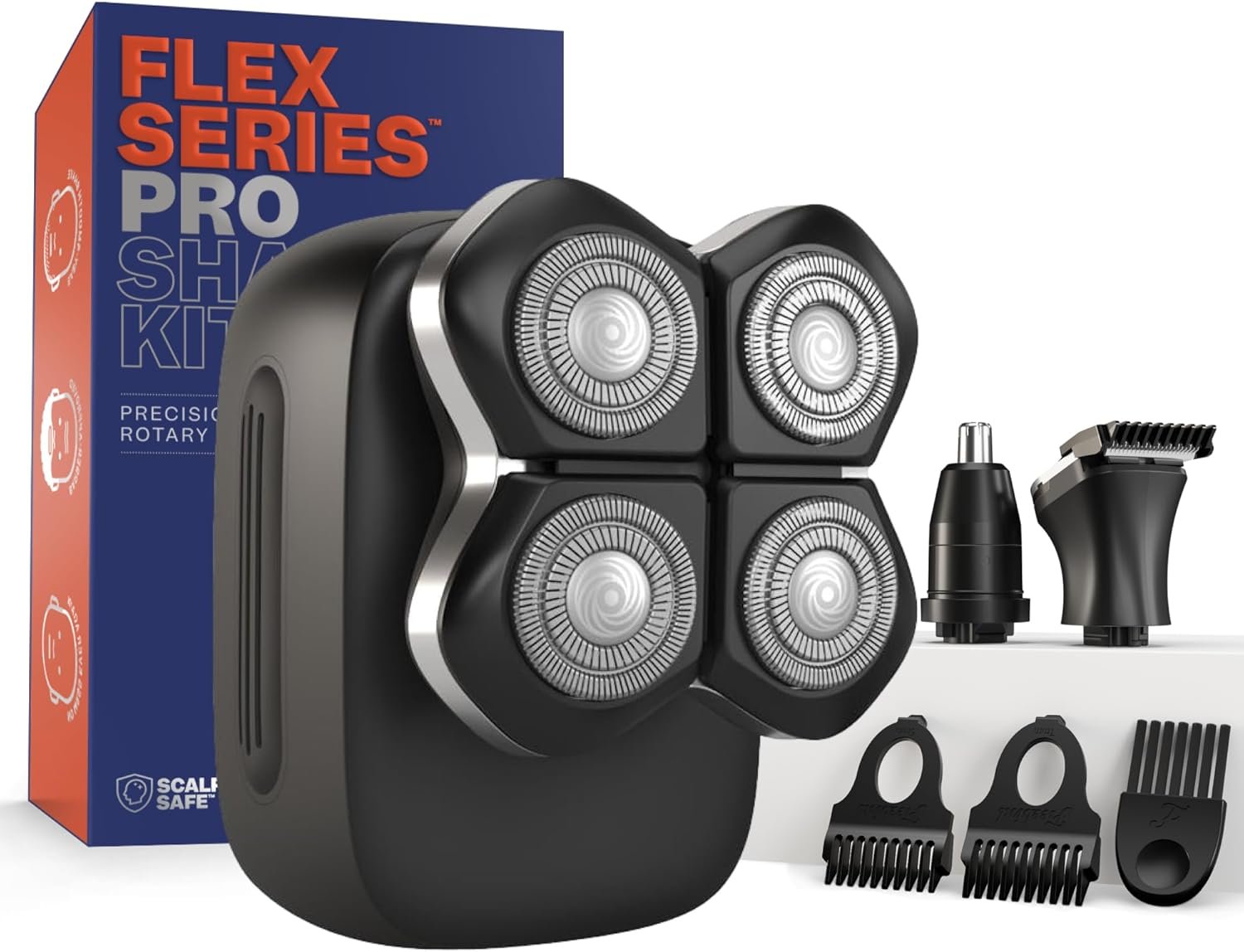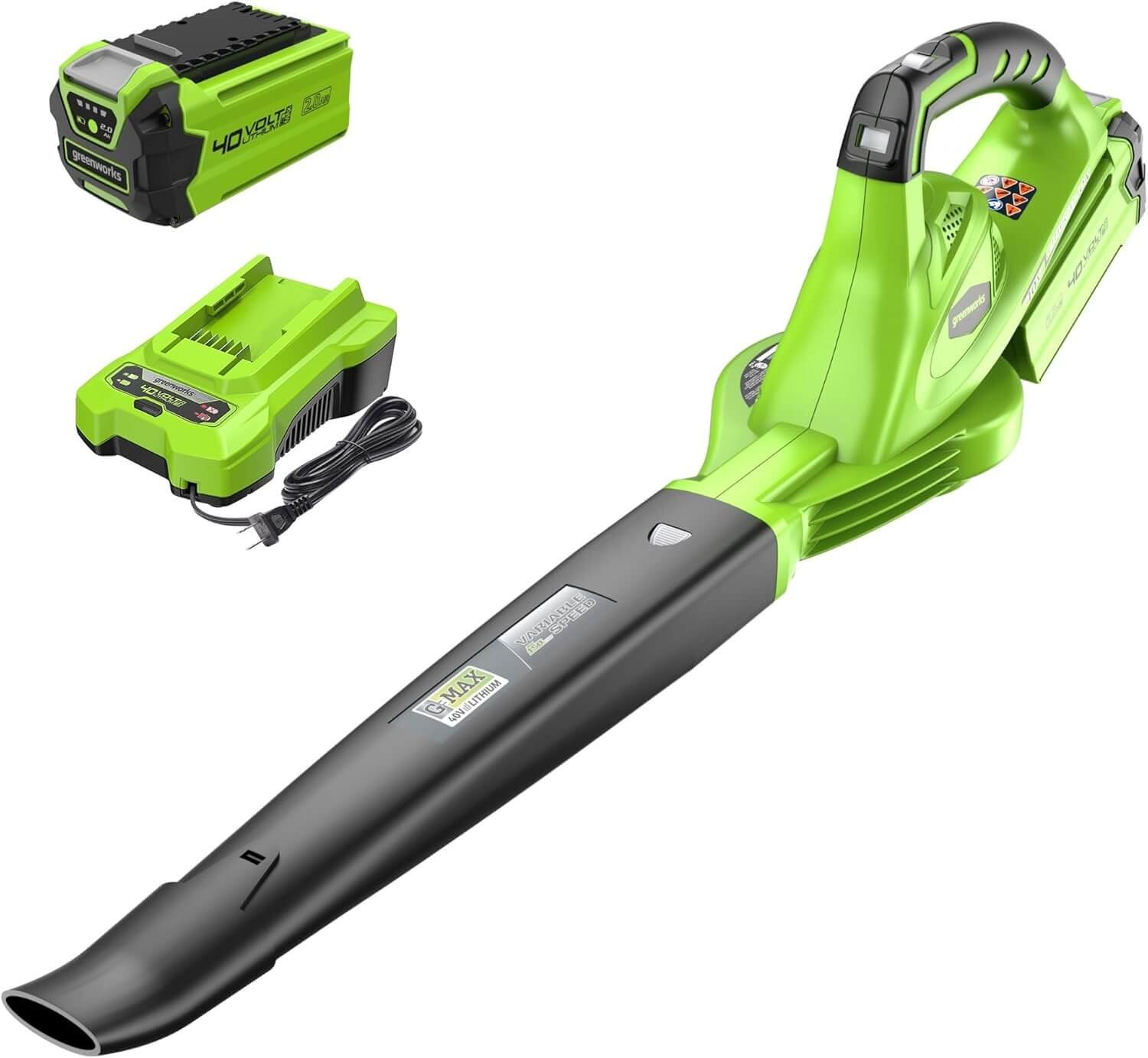Introduction to Smart Door Locks
Smart door locks have emerged as a notable innovation in home security, redefining how homeowners secure their premises. Unlike traditional locks that depend solely on a physical key, smart locks incorporate advanced technology, allowing users to control and monitor access electronically. These locks utilize various means of authentication, such as mobile apps, Bluetooth, biometrics, or keypad codes, enabling a convenient and flexible user experience.
The transition from conventional locking mechanisms to smart technology signifies a broader trend towards home automation and the Internet of Things (IoT). With increasing connectivity, homeowners are now equipped to manage their security systems remotely, giving them unprecedented control over who can enter their property. As a result, smart door locks have gained significant traction in modern homes, appealing to tech-savvy individuals and those seeking enhanced security measures.
The growing popularity of smart door locks can be attributed to their numerous advantages. For instance, many models offer features such as temporary access codes for guests, tracking entry and exit logs, and alerts when someone unlocks the door. These functionalities not only provide convenience but also enhance the security posture of a home. Furthermore, the integration of smart locks into broader home automation systems allows for synchronized security features, such as linking door locks with security cameras and alarm systems, streamlining control through a single platform.
As consumers become increasingly aware of the dangers posed by traditional locking mechanisms, they are more willing to embrace smart technology as a solution. This shift symbolizes a revolution in home security, although it invites scrutiny regarding potential vulnerabilities inherent in digital locking systems. The ensuing discussion will delve deeper into the security features of smart door locks, examining their effectiveness and addressing concerns surrounding their reliability.
The Mechanics of Smart Door Locks
Smart door locks represent a significant advancement in home security technology, utilizing various forms of connectivity to enhance user convenience and access control. At the core of these sophisticated locking systems are three primary communication protocols: Bluetooth, Wi-Fi, and Z-Wave. Each of these technologies plays a pivotal role in how smart locks function and integrate with other devices.
Bluetooth technology enables short-range communication, allowing users to unlock their doors directly from their smartphones without the need for physical keys. This feature provides ease of access, particularly for individuals who may need to grant entry to guests or service providers. Users can also leverage Bluetooth for features like auto-locking, which secures the door as they leave the premises, adding an extra layer of convenience and peace of mind.
Wi-Fi connectivity brings a broader range of remote access capabilities to smart locks. With a Wi-Fi connection, users can control their locks from virtually anywhere using dedicated mobile applications. This connectivity not only allows for locking and unlocking remotely but also facilitates the sharing of digital keys. Homeowners can send temporary access codes to visitors, ensuring that entry can be controlled in real time, enhancing security without requiring physical presence.
Z-Wave is another critical technology used in smart door locks, often employed in comprehensive smart home systems. This low-energy wireless communication standard connects multiple smart devices throughout a home, creating a seamless ecosystem. Users can manage their locks alongside other devices such as security cameras or lighting systems from one central hub, providing a cohesive approach to home security. With these technologies at play, smart door locks deliver an innovative alternative to traditional locking mechanisms, significantly improving both security and convenience.
The Security Features of Smart Door Locks
Smart door locks represent a significant advancement in home security technology, offering various features that aim to improve safety and convenience. One of the standout characteristics of these modern locking systems is biometric authentication. Biometric locks utilize unique physical traits—such as fingerprints, retina patterns, or facial recognition—as a means of gaining access. Compared to traditional locks, which rely solely on physical keys, this feature can significantly reduce the risk of unauthorized access. A key can be lost or duplicated, but individual biometric traits are unique, making them an effective safeguard against intruders.
Another valuable feature of smart door locks is the ability to remotely lock and unlock doors using mobile applications. This functionality offers homeowners enhanced control over their property. For instance, individuals can grant access to guests or service providers without needing to be physically present at the location. The convenience of adjusting the lock settings from afar can help ensure that the door is locked after a busy day or while away on vacation, enhancing peace of mind. In contrast, traditional locks do not provide such flexibility, often requiring physical presence and manual intervention to secure a property.
Furthermore, smart locks are equipped with alerts and notifications, providing real-time updates regarding access attempts or when the door is locked or unlocked. This feature enables homeowners to stay informed about their home’s security status, unlike traditional locking mechanisms that offer no such communication capabilities. Alerts can help quickly identify potential security breaches, ensuring timely actions can be taken. Overall, the combination of biometric authentication, remote access, and notification systems illustrates how smart door locks enhance home security. When compared to traditional locks, these innovations clearly demonstrate a shift toward a more secure and user-centric approach to safeguarding residential properties.
Potential Risks Associated with Smart Door Locks
Smart door locks have emerged as an innovative solution for enhancing residential security, yet they also come with a set of potential risks that merit thorough examination. One of the most significant concerns is the threat of hacking. Unlike traditional locks that provide a physical barrier, smart locks operate on digital technology, making them susceptible to cyber attacks. Malicious individuals can exploit vulnerabilities in the lock’s software or gain unauthorized access to home networks, thereby compromising the security of the household.
In addition to hacking, battery failures present another risk associated with smart door locks. Most of these devices rely on batteries to function effectively, and a sudden failure can leave occupants locked out of their homes or, conversely, grant unintended access. While many digital locks incorporate backup systems, relying solely on battery power can result in unforeseen security breaches or inconveniences. It is imperative for users to regularly monitor battery levels to mitigate this risk.
Furthermore, the reliance on Wi-Fi connectivity introduces additional vulnerabilities. Smart locks often require a stable internet connection to function optimally. If the Wi-Fi signal is weak or disrupted, users may find themselves unable to unlock their doors remotely. This dependence means that homes could remain at risk during internet outages or failures. Cybersecurity experts advise users to be aware of their network security and implement robust measures, such as utilizing a secure password and enabling two-factor authentication, to bolster the protection of these devices.
Thus, while smart door locks offer numerous advantages in terms of convenience and enhanced functionality, it is crucial for homeowners to remain vigilant. Regular updates, comprehensive security measures, and an understanding of the inherent risks can help minimize vulnerabilities, ensuring that smart locking systems truly serve their purpose without compromising safety.
User Experiences: The Good and the Bad
The adoption of smart door locks has elicited a range of user experiences, showcasing both the advantages and drawbacks of this innovative technology. Many users have praised smart door locks for their remarkable convenience. The ability to unlock doors remotely through a smartphone application has transformed how homeowners manage access to their properties. For instance, a homeowner in Seattle reported that the integration of a smart lock with their existing smart home system allowed them to control multiple devices seamlessly, creating an automated environment that enhanced daily routines. This added layer of integration gives homeowners peace of mind, as they can monitor access and receive notifications whenever someone enters or exits the home.
However, these positive experiences are not universal. A study conducted on user reviews revealed a significant number of complaints regarding the reliability of smart door locks. Many users reported instances where their smart locks failed to operate correctly, particularly during critical moments. A user from a community in New Jersey described an incident where the lock malfunctioned during a rainstorm, leaving them locked out of their home without any means of access. Such reliability issues raise concerns about depending solely on smart technology for home security.
Furthermore, security concerns persist among some users. Despite the sophisticated encryption technologies employed by manufacturers, testimonials from various users highlight fears surrounding hacking and unauthorized access. One testimonial shared by a homeowner in Chicago illustrated their anxiety over a data breach that impacted a smart lock brand. This incident, although it ultimately did not affect their device, heightened their distrust in these electronic systems. These mixed experiences illustrate a broader dilemma; while smart door locks offer substantial convenience and integration, they also present challenges related to reliability and potential security vulnerabilities that must not be overlooked.
Comparing Smart Door Locks with Traditional Locks
As the landscape of home security evolves, homeowners are frequently faced with the decision to choose between smart door locks and traditional locks. Understanding the advantages and disadvantages of each type is essential for making an informed choice based on individual needs and preferences.
Smart door locks offer a range of modern features that enhance convenience and flexibility. With keyless entry options such as smartphone apps or biometric recognition, users can unlock their doors without the need for physical keys. This not only simplifies access for residents but also allows for remote management, enabling homeowners to monitor who enters and exits their premises in real-time. Smart locks often integrate with home automation systems, providing additional layers of security, such as sending alerts for unauthorized access attempts. However, the reliance on technology also introduces potential vulnerabilities, as these devices can be susceptible to hacking or technical malfunctions.
On the other hand, traditional locks have served as the foundation of physical security for generations. They are generally more straightforward to operate, often requiring only a key to unlock. With a proven history of reliability, traditional locks do not depend on technology that could fail. Furthermore, maintenance is often minimal, focusing more on occasional lubrication and inspection. However, they do have their disadvantages, such as the risk of lost or stolen keys, which can compromise security. Additionally, traditional locks may lack the advanced security features offered by their smart counterparts.
Cost is another factor to consider in this comparison. While traditional locks tend to be less expensive upfront, smart door locks may offer greater long-term value through enhanced security features and convenience. Ultimately, the choice between smart door locks and traditional locks hinges on personal preferences, desired security measures, and willingness to engage with technology in daily life.
Best Practices for Using Smart Door Locks
Smart door locks represent a significant enhancement in home security technology, but with these advances come new responsibilities for users. To ensure optimal security, it is essential to follow best practices when utilizing these devices. One of the most critical actions is to regularly update the lock’s software. Manufacturers frequently release updates that address vulnerabilities and improve the overall performance of the device. By enabling automatic updates or checking them manually, users can fortify the security of their smart lock against emerging threats.
Another pivotal practice is to choose a strong, unique password for the lock system. Avoid using easily guessable passwords or common phrases. A strong password should be comprised of at least 12 characters, including a mix of uppercase and lowercase letters, numbers, and special characters. Furthermore, it is wise to change this password periodically and avoid reusing it across multiple devices or accounts, as this minimizes the risk of unauthorized access.
Implementing multi-factor authentication (MFA) can provide an additional layer of security for smart door locks. MFA requires users to verify their identity through two or more methods before gaining access. This could include a combination of a password, a biometric scan, or a code sent to a mobile device. Utilizing such systems significantly reduces the likelihood of unauthorized entry, as accessing the lock would require more than just a compromised password.
Lastly, it is crucial to educate all users within the household about the possible vulnerabilities associated with smart door locks. Awareness and training on recognizing phishing attempts and understanding the importance of device security can prevent common pitfalls. By keeping these best practices in mind, users can enhance the security of their smart door locks and cultivate a safe home environment.
The Future of Home Security: Trends in Smart Lock Technology
As we look toward the future of home security, it is imperative to recognize the transformative trends shaping smart lock technology. With advancements in artificial intelligence (AI), smart locks are evolving beyond mere convenience features to become sophisticated security solutions. AI integration enables smart locks to learn user behaviors, thus improving both functionality and security. For instance, AI algorithms can analyze usage patterns to detect anomalies, alerting homeowners of potential unauthorized access.
Another prominent trend is the enhancement of biometric systems. Traditional smart locks often rely on PIN codes or smartphone applications for access. However, the latest developments incorporate advanced biometric technologies, such as facial recognition and fingerprint scanning. These methods provide a higher level of security, as they are significantly more difficult to bypass compared to conventional access methods. Furthermore, biometric systems offer a seamless user experience, allowing authorized individuals easy and quick access while maintaining stringent security protocols.
The Internet of Things (IoT) is also playing a pivotal role in the evolution of smart lock technology. By connecting smart locks to a broader network of home automation devices, users gain enhanced control over their security systems. For example, smart locks can interact with security cameras and alarms to create comprehensive security responses when unusual activity is detected. Additionally, with IoT-enabled locks, remote monitoring and access management become possible through smartphones or tablets, facilitating easier management of home security from anywhere.
In summary, the future of home security through smart lock technology shows immense potential. The integration of AI, cutting-edge biometric systems, and the connectivity offered by IoT is poised to create a more secure and user-friendly environment for homeowners. As these trends continue to evolve, they will redefine how we think about securing our homes, making smart locks an indispensable tool in contemporary security measures.
Conclusion: Is a Smart Door Lock Right for You?
Throughout this discussion on smart door locks, we have explored both the advantages and disadvantages of adopting this innovative technology. Smart door locks present a dynamic solution to modern security needs, offering features such as keyless entry, remote access, and customizable settings. These advantages can enhance security, convenience, and peace of mind for homeowners. For many, the ability to monitor their homes in real-time and manage access remotely is an appealing characteristic that reflects the increasing demand for smart technology.
However, alongside these benefits, potential drawbacks need to be acknowledged. Concerns surrounding cybersecurity, potential malfunctions, and the reliance on power and internet connectivity pose significant considerations. The nature of smart door locks, while designed for safety, may inadvertently introduce vulnerabilities if not properly secured. This duality leads to an essential question: is a smart door lock suitable for your specific lifestyle and security needs?
When contemplating the addition of a smart lock to your home, it is crucial to assess your personal circumstances. Consider factors such as the level of security you require, your comfort with technology, and the physical layout of your property. Additionally, reflect on how often you lose or forget your keys, as smart access solutions might significantly benefit those who frequently face these dilemmas.
Ultimately, the decision to invest in a smart door lock should be based on a thorough evaluation of your security goals and lifestyle preferences. By weighing the pros and cons, alongside determined research and self-reflection, you can make a well-informed choice that aligns with your unique situation. Each home is different, and understanding your needs will pave the way for optimum security and convenience.


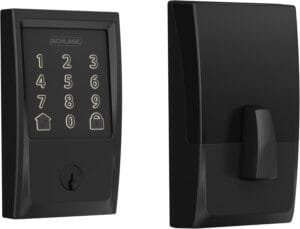
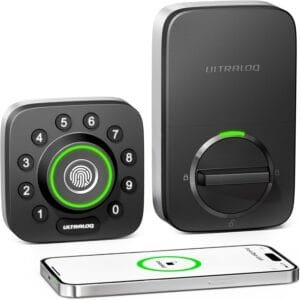
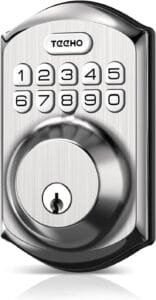
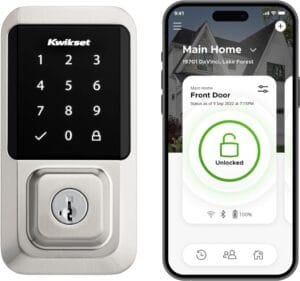
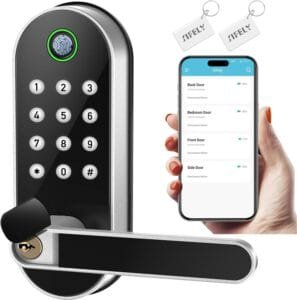


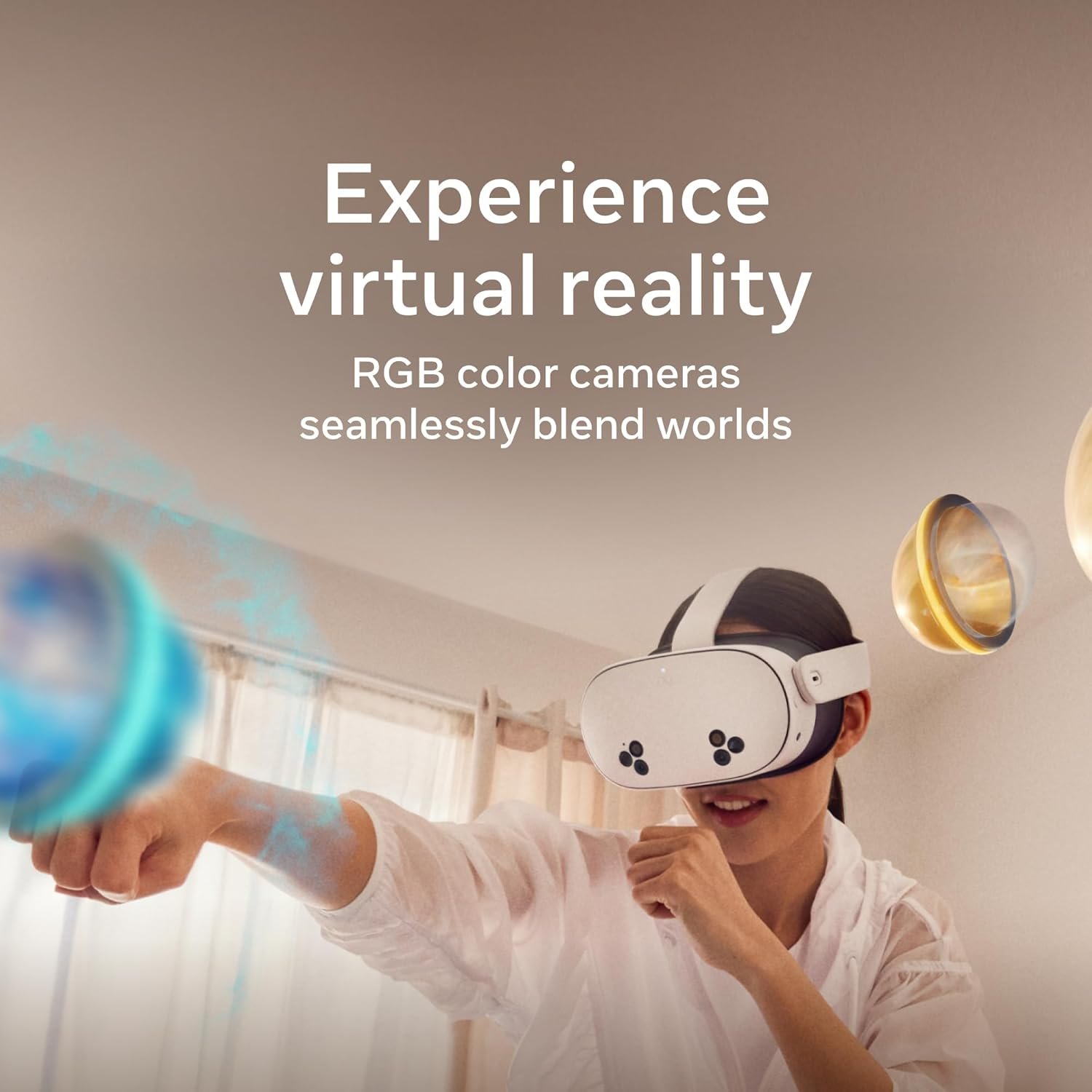


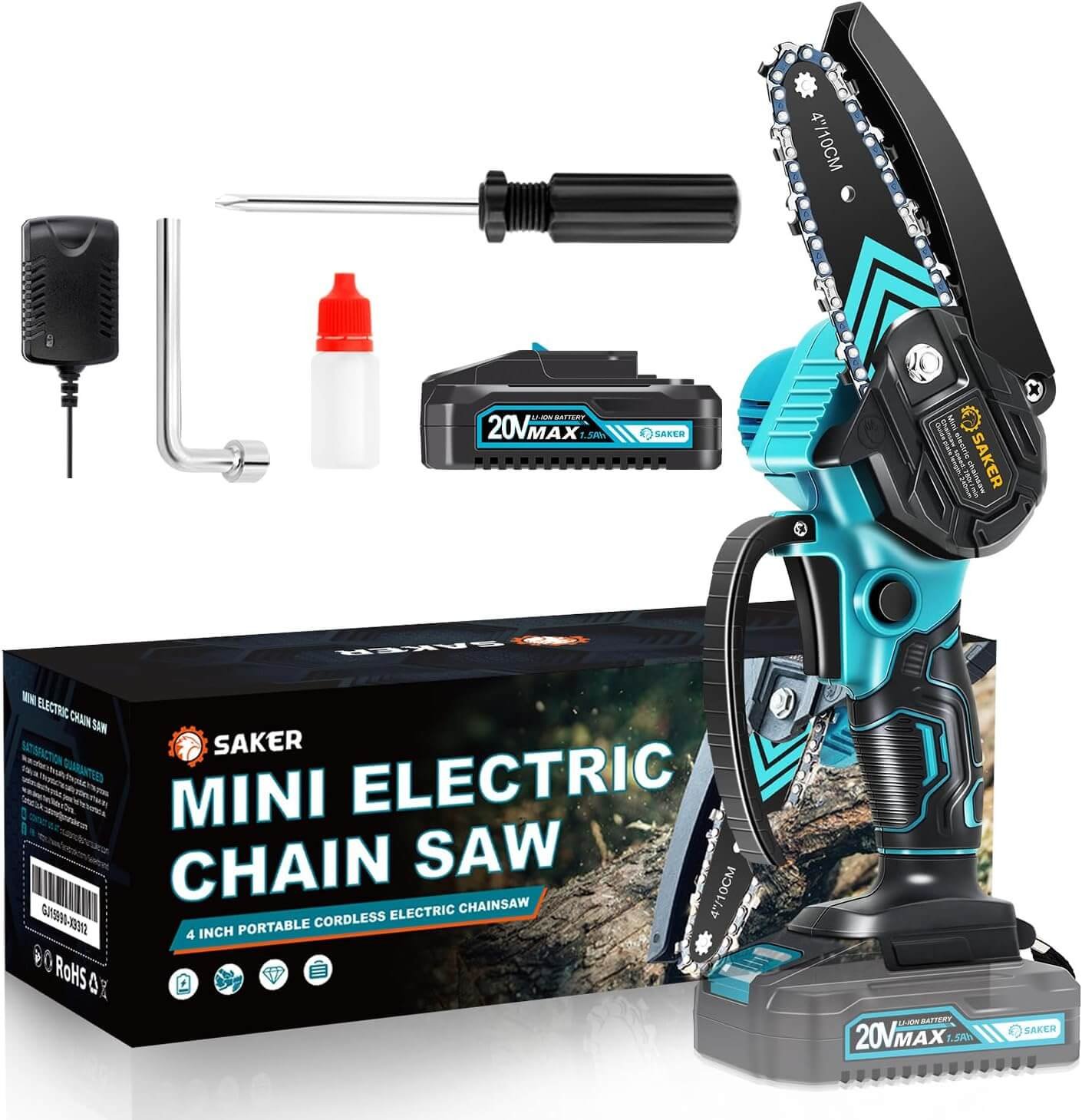
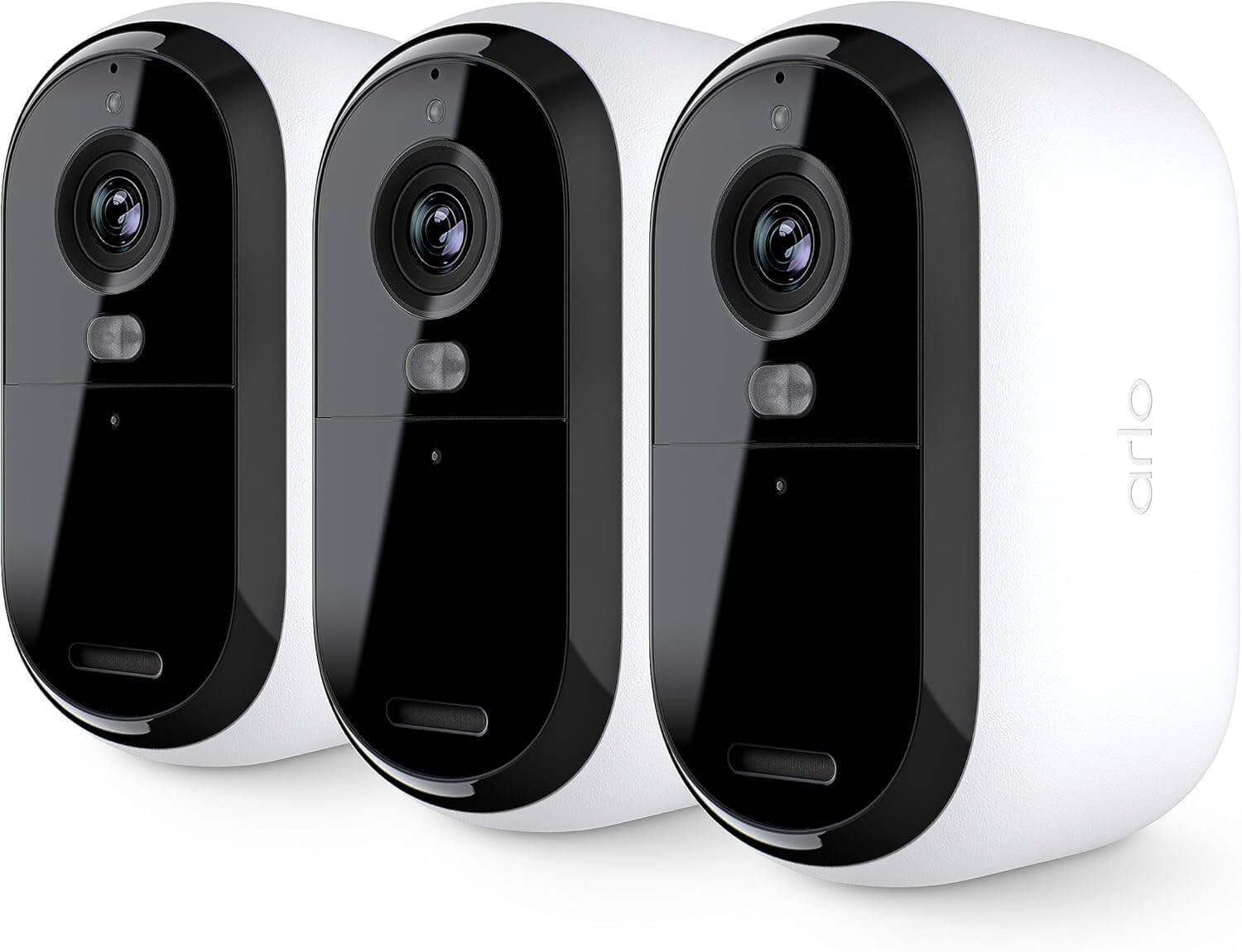
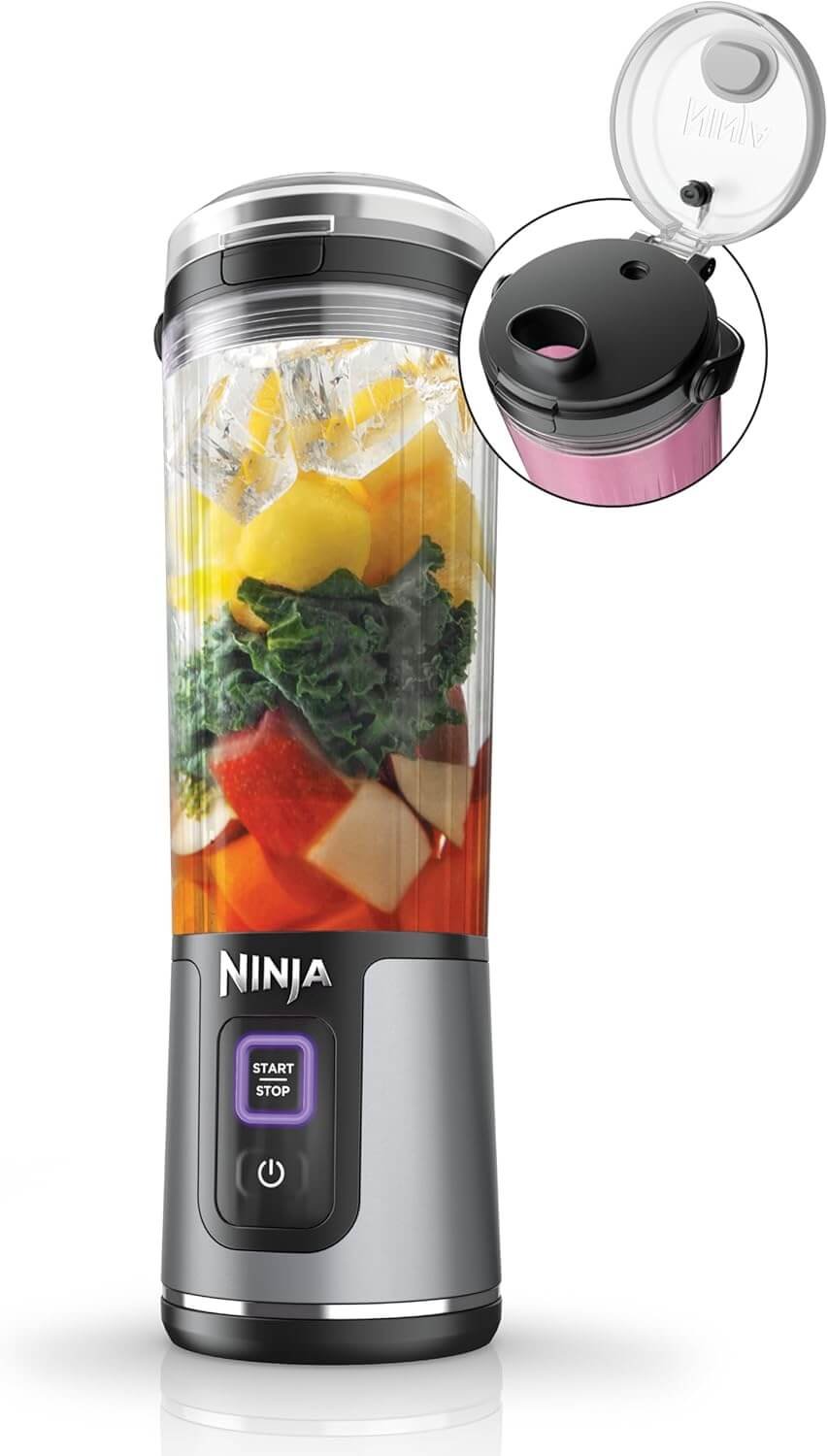
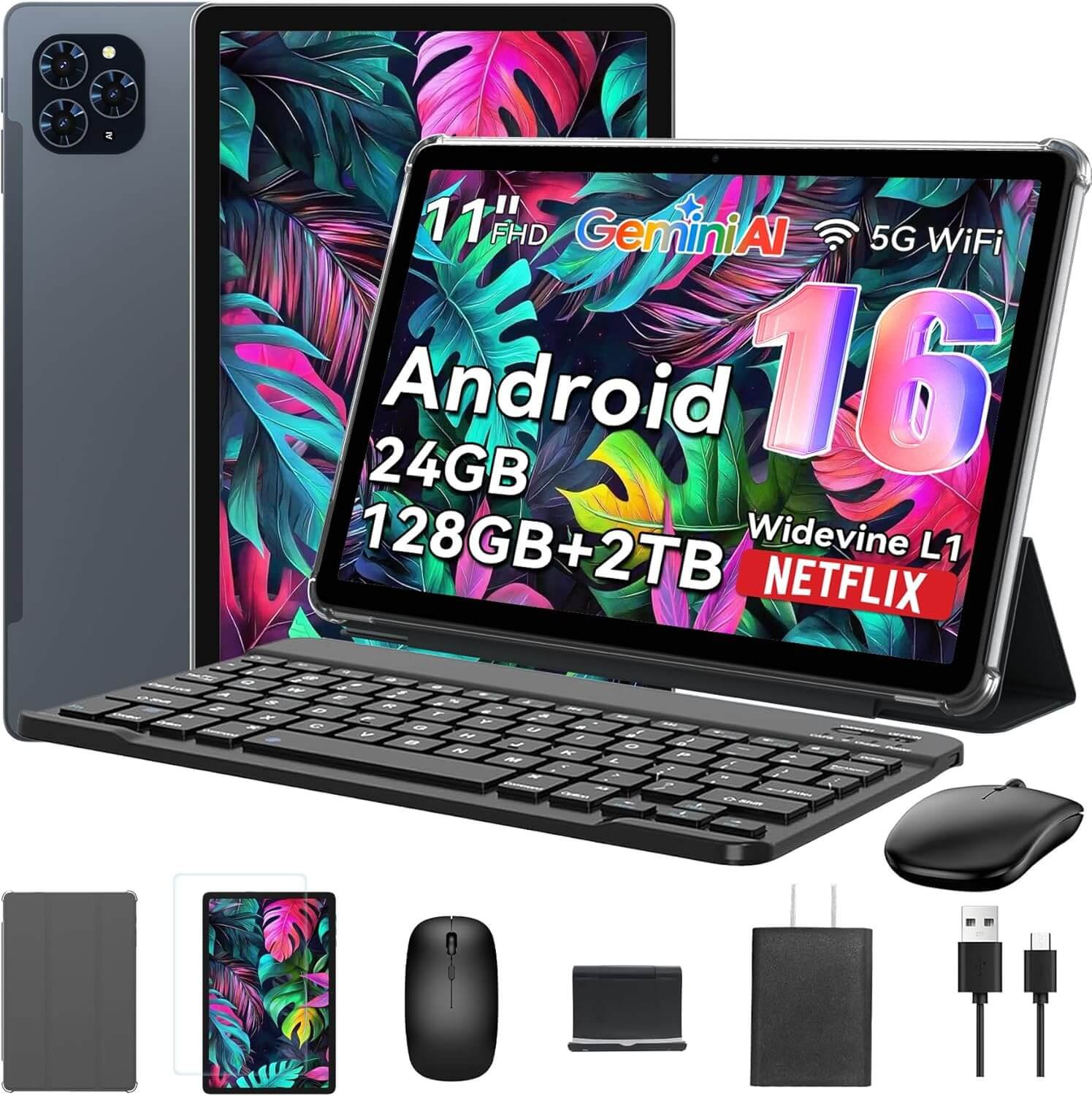
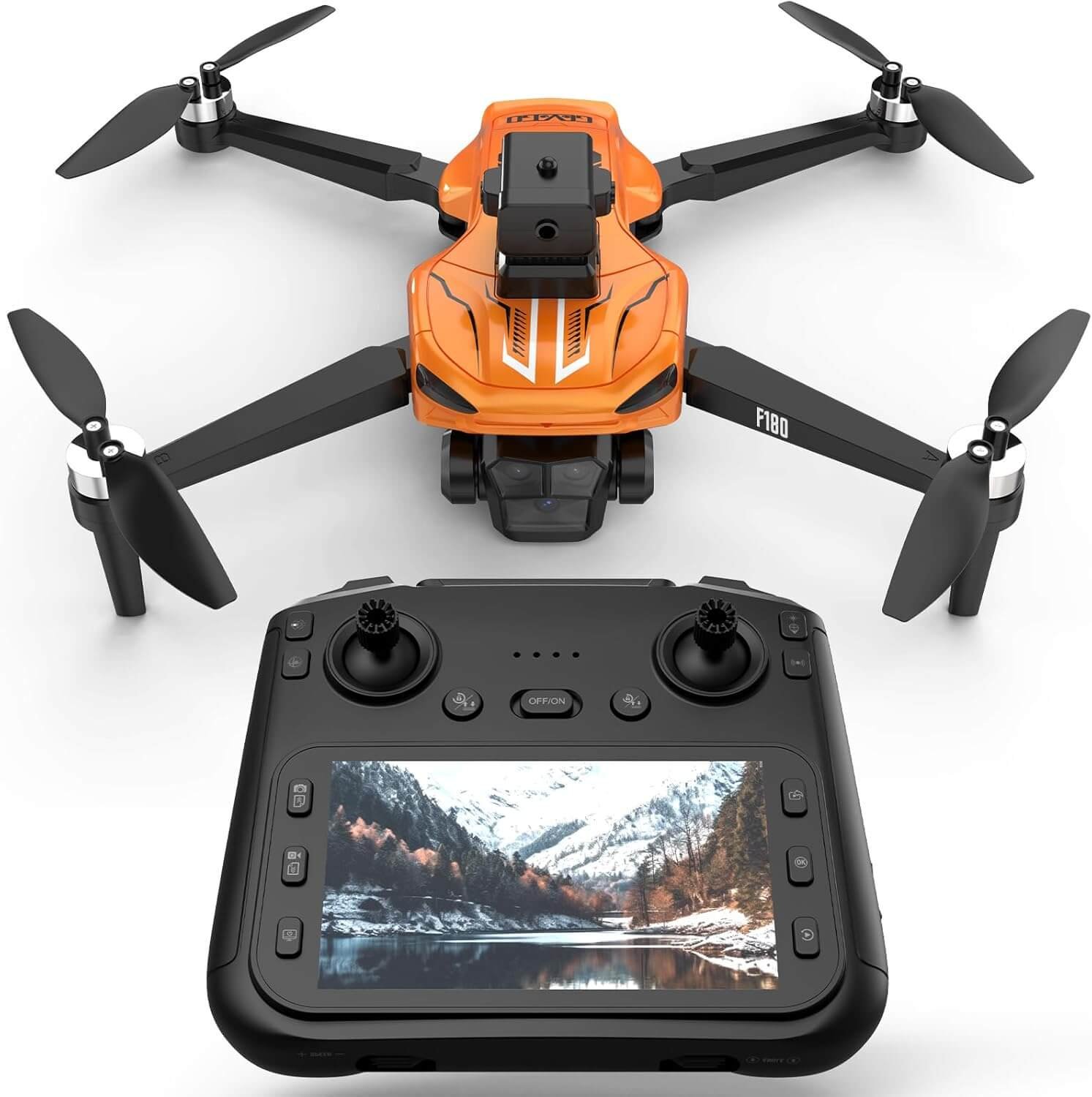
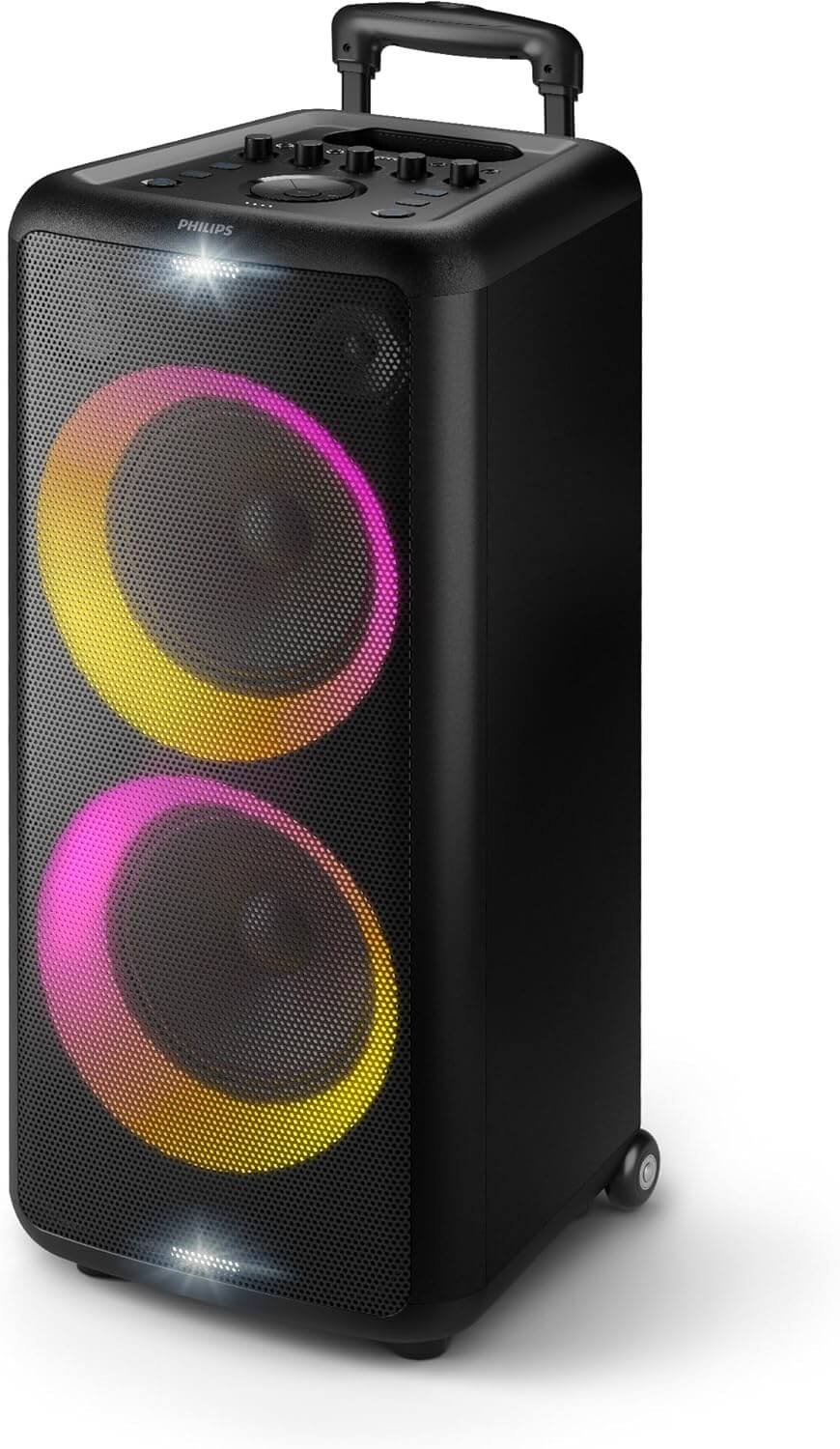




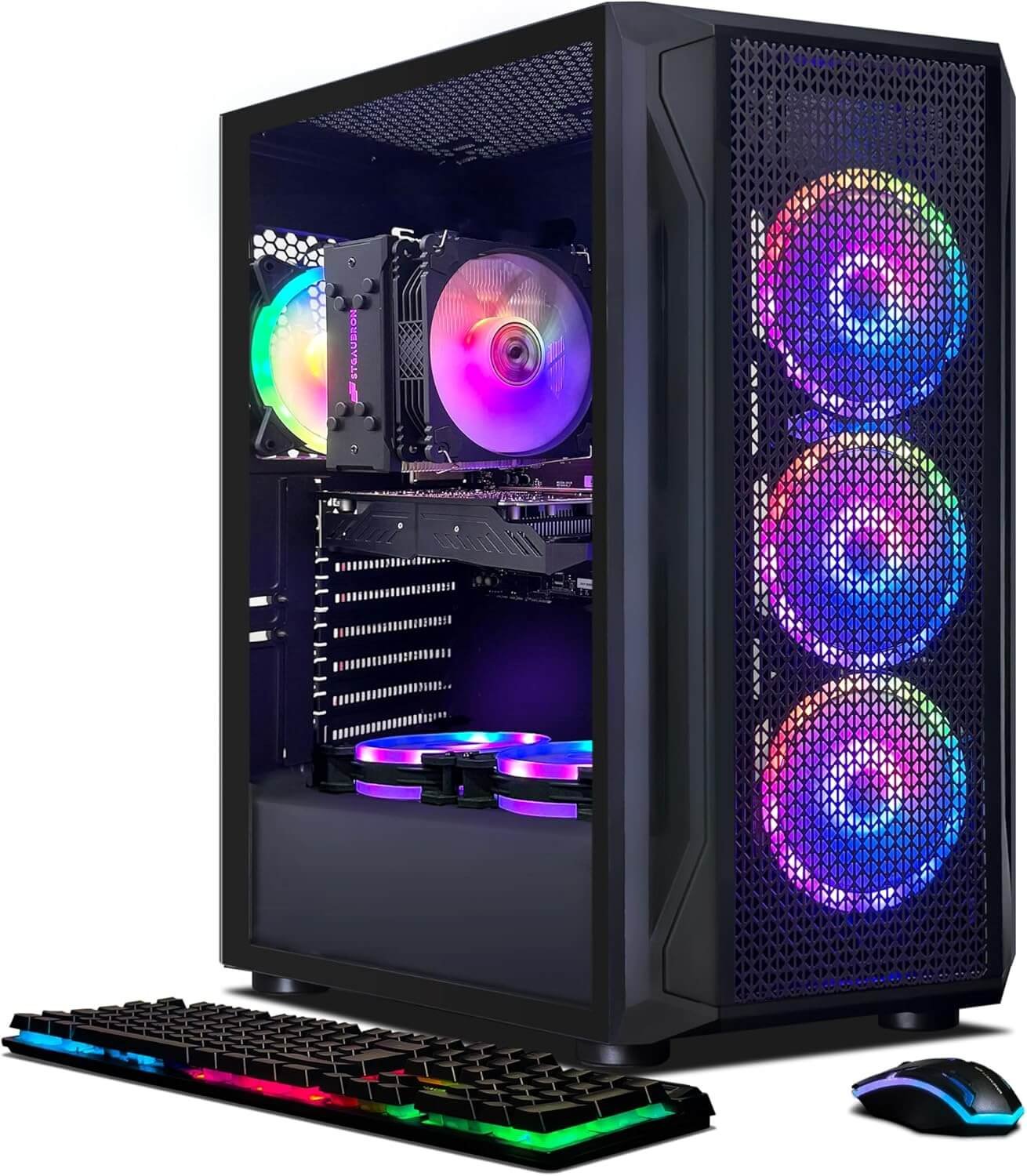
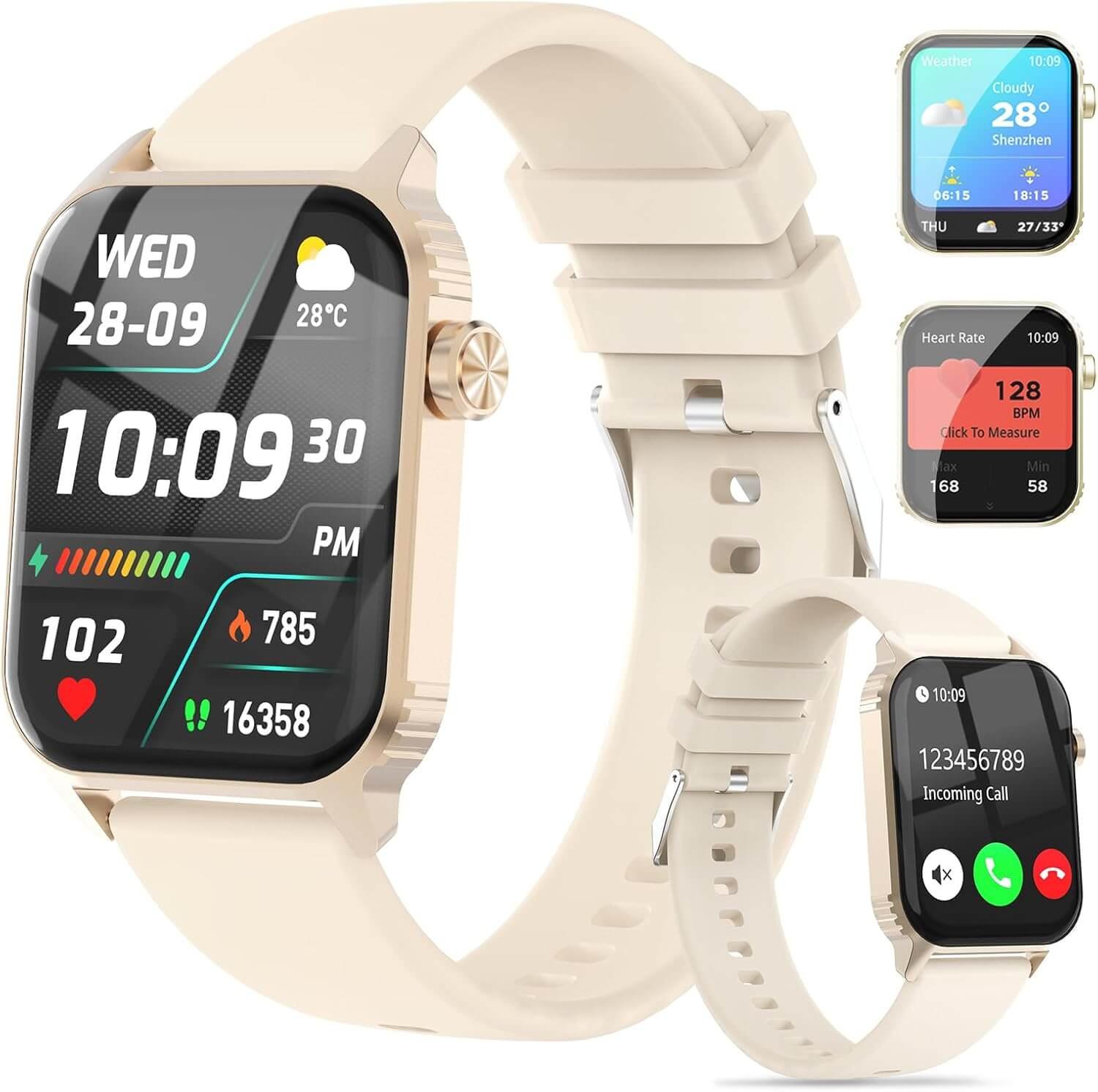
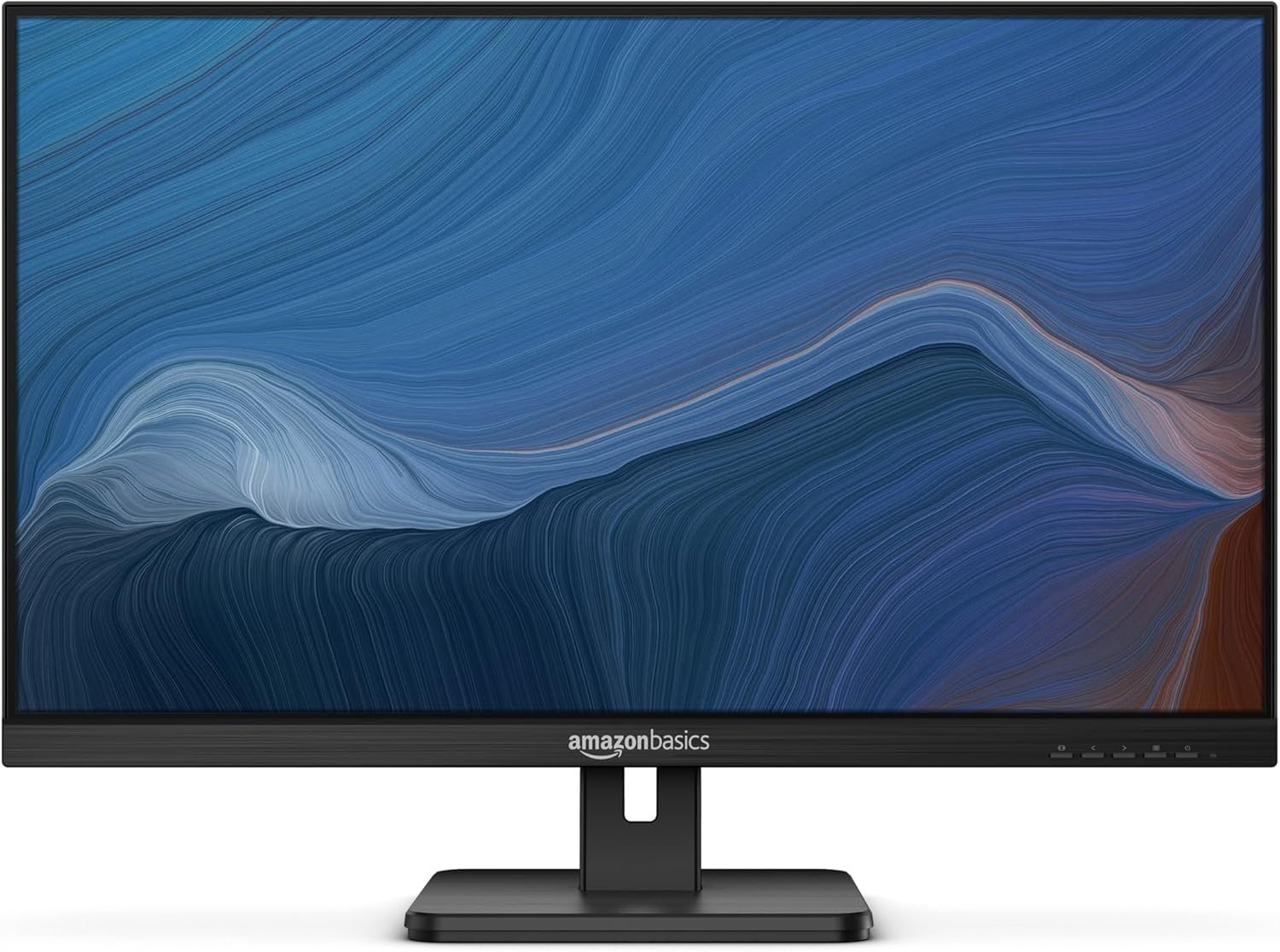
![CHEF iQ Sense [2025 Model] | Smart Wireless Meat Thermometer | Ultra-Thin Probe | WiFi Unlimited Range | 1000°F Heat Safe | 5 Sensors | BBQ, Grill, Oven, Smoker, Air Fryer | Gen3](https://product-reviews-today.com/wp-content/uploads/2025/06/CHEF-iQ-Sense-2025-Model-Smart-Wireless-Meat-Thermometer.jpg)
